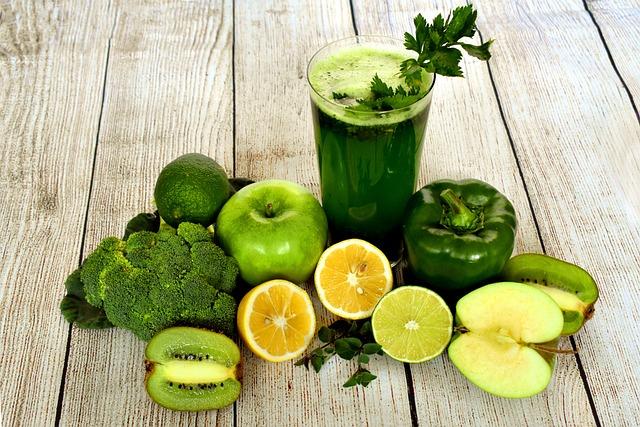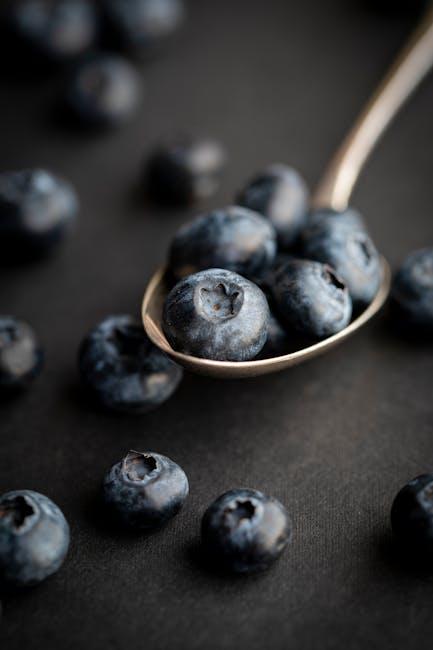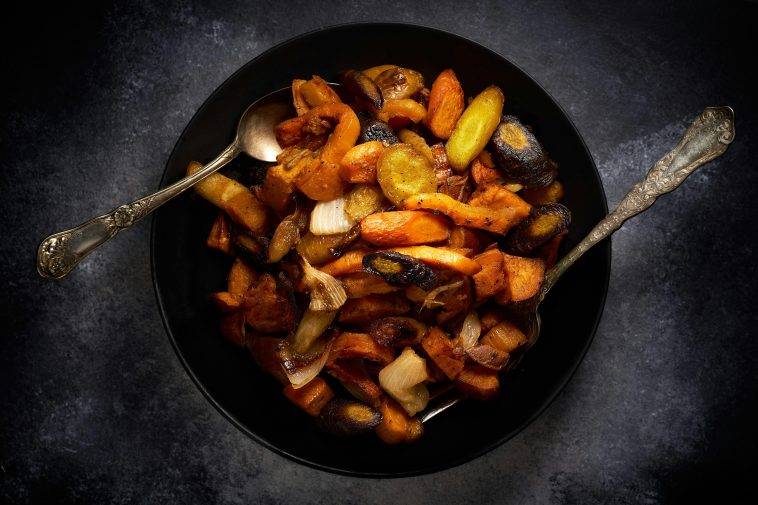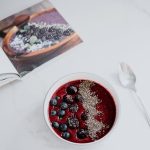In the quiet corners of bustling farmers’ markets and the vibrant chatter of dinner tables, a perennial debate simmers beneath the surface: does a vegetarian lifestyle hold the secret to a longer life? As the world grapples with questions of health, sustainability, and ethics, the plate becomes a canvas for our values and choices. This article embarks on an exploration of the relationship between meat consumption and longevity, navigating through scientific studies, historical anecdotes, and personal narratives. Whether you’re a steadfast carnivore or a devoted herbivore, join us as we delve into the heart of the matter, seeking to understand whether a vegetarian diet truly offers the elixir of extended years.
The Science Behind Diet and Lifespan
At the heart of the quest for longevity lies a fascinating intersection of nutrition and biology. Scientific studies have long explored the impact of dietary choices on lifespan, unveiling intriguing insights into how plant-based diets may contribute to a longer life. Research suggests that vegetarians often benefit from a lower risk of chronic diseases, such as heart disease and certain types of cancer. This is partly attributed to their higher intake of antioxidants, fiber, and essential nutrients found abundantly in fruits, vegetables, nuts, and whole grains. These nutrients are known to combat oxidative stress and inflammation, which are key players in the aging process.
However, it’s essential to recognize that longevity is influenced by a multitude of factors, not just diet. Genetics, lifestyle, and even mental well-being play significant roles. While vegetarians might enjoy certain health advantages, it’s not solely about excluding meat. Instead, the emphasis is on embracing a diet rich in diverse, nutrient-dense foods. Key components of a longevity-focused diet include:
- Whole foods over processed options
- Variety in fruits and vegetables
- Balanced intake of proteins, whether plant-based or lean meats
- Mindful eating practices
Ultimately, the science encourages a holistic approach to eating, one that considers quality, balance, and personal health needs.

Unpacking the Nutritional Myths of Vegetarianism
Vegetarianism has long been enveloped in a haze of nutritional myths, leading many to question whether plant-based diets can truly provide all necessary nutrients. The common perception is that vegetarians might miss out on essential proteins and vitamins found in meat. However, with careful planning and a varied diet, vegetarians can meet their nutritional needs and possibly even exceed them. Plant-based diets often include a wealth of nutrients such as fiber, antioxidants, and healthy fats, which are crucial for long-term health.
- Protein Power: Lentils, beans, and quinoa offer robust protein sources, eliminating the need for meat.
- Vitamin B12 and Iron: Though typically associated with meat, fortified foods and supplements can effectively bridge the gap.
- Omega-3 Fatty Acids: Flaxseeds, chia seeds, and walnuts provide plant-based alternatives to fish oils.
While the debate continues, research suggests that vegetarians often enjoy lower risks of heart disease, hypertension, and certain cancers, potentially contributing to greater longevity. This indicates that a well-planned vegetarian diet might not only match but even surpass the health benefits traditionally attributed to meat-inclusive diets. By debunking these nutritional myths, individuals can embrace vegetarianism with confidence, armed with the knowledge that plant-based eating can be both fulfilling and nutritionally complete.
Comparing Health Outcomes: Meat-Eaters vs. Vegetarians
In exploring the intricate tapestry of health outcomes between those who indulge in meat and those who abstain, several fascinating patterns emerge. Vegetarians often tout benefits such as lower cholesterol levels, reduced risk of heart disease, and decreased likelihood of developing type 2 diabetes. These advantages are frequently attributed to a diet rich in fruits, vegetables, whole grains, and legumes. However, it’s crucial to note that the health advantages of a vegetarian diet can sometimes be influenced by other lifestyle factors, such as higher levels of physical activity and avoidance of smoking.
On the other hand, meat-eaters may benefit from certain nutrients that are more readily available in animal products, such as vitamin B12, iron, and omega-3 fatty acids. These nutrients are essential for maintaining energy levels, cognitive function, and overall vitality. Yet, the consumption of red and processed meats has been linked to increased risks of certain cancers and cardiovascular issues. Ultimately, the quest for longevity and optimal health may not hinge solely on the choice between meat and plant-based diets but rather on the quality and balance of the foods consumed. Consider these factors:
- Diet Quality: Whether vegetarian or not, focusing on whole, unprocessed foods can be beneficial.
- Balance: A balanced diet that includes a variety of nutrients is crucial for health.
- Lifestyle Factors: Exercise, stress management, and other lifestyle choices play a significant role in health outcomes.

Practical Tips for a Balanced and Longevity-Boosting Diet
Embracing a balanced diet that promotes longevity doesn’t necessarily mean eliminating meat entirely. Instead, consider incorporating a variety of nutrient-dense foods that support overall health. Here are some practical tips:
- Prioritize Plant-Based Foods: Aim to fill half your plate with vegetables and fruits. These foods are rich in antioxidants, vitamins, and minerals that combat inflammation and oxidative stress.
- Opt for Lean Proteins: When choosing meat, opt for lean options such as chicken, turkey, or fish. These provide essential amino acids without the added saturated fats found in red meats.
- Include Whole Grains: Whole grains like quinoa, brown rice, and oats are excellent sources of fiber, which can help maintain healthy cholesterol levels and support digestive health.
- Limit Processed Meats: Reduce intake of processed meats like sausages and bacon, which have been linked to increased health risks. Instead, explore plant-based protein alternatives such as lentils, beans, and tofu.
- Practice Mindful Eating: Listen to your body’s hunger cues and savor each bite. This approach can help prevent overeating and enhance your enjoyment of meals.
By focusing on these guidelines, you can create a diet that not only supports longevity but also provides a satisfying and varied eating experience.
Wrapping Up
As we close the chapter on this exploration of meat, vegetables, and the intricate dance of longevity, one thing becomes abundantly clear: the path to a longer life is as diverse as the meals we choose to savor. Whether you find yourself relishing the robust flavors of a perfectly grilled steak or delighting in the vibrant crunch of a fresh garden salad, the key lies not in absolutes, but in balance and mindfulness.
In this grand tapestry of life, each thread—be it carnivorous or herbivorous—adds its unique hue, contributing to the overall richness of our existence. Science continues to weave its way through the fabric of our dietary choices, unraveling mysteries and posing new questions with every discovery.
Ultimately, the quest for longevity is not merely about the number of years we accumulate, but the quality of life we nurture along the way. So, as you ponder the contents of your next meal, remember that the true essence of longevity lies in harmony—with ourselves, with our choices, and with the world around us.




